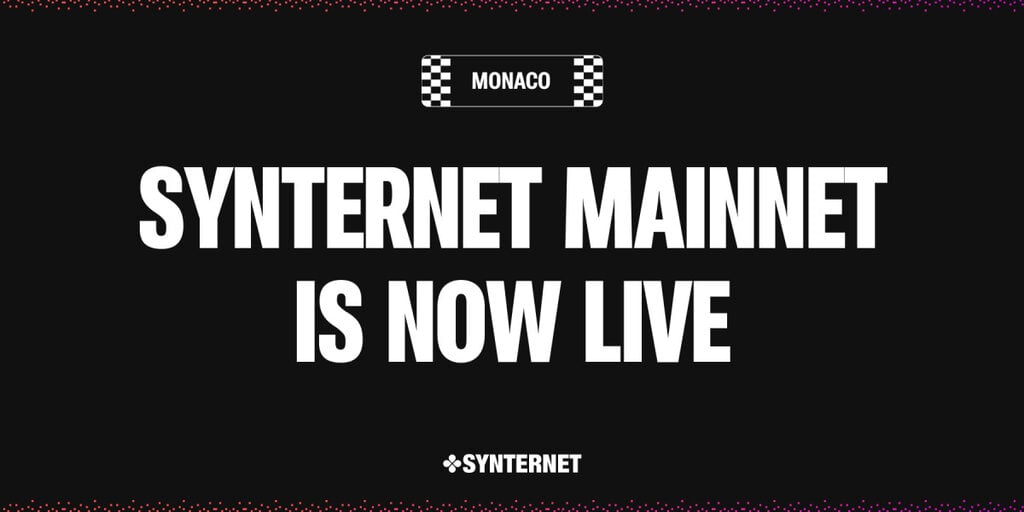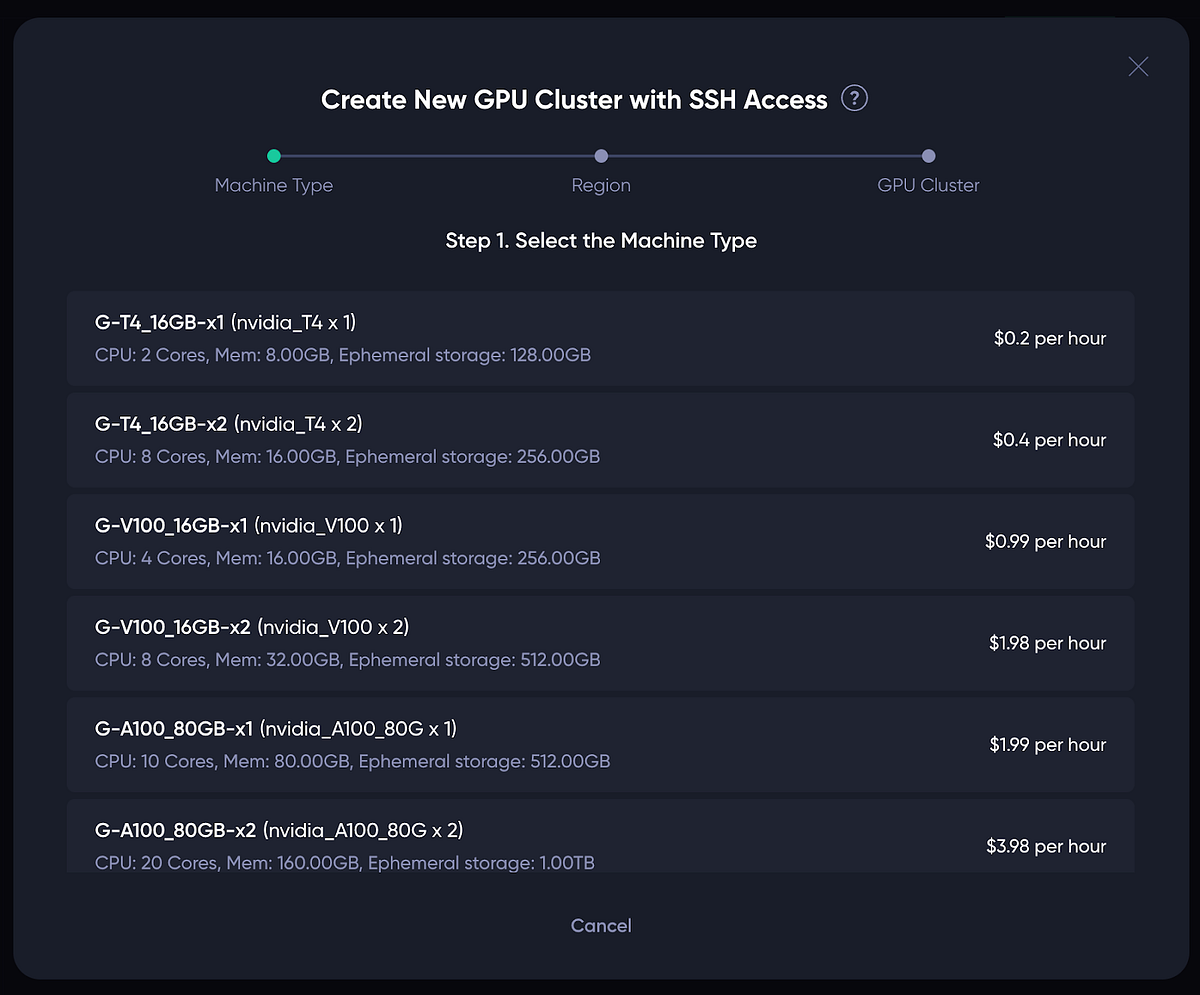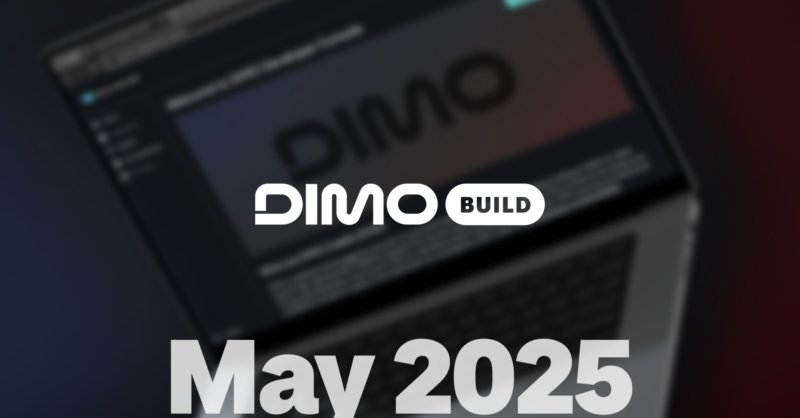Synternet Launches Mainnet on Cosmos, Unleashing Decentralized Data Economy Potential

Synternet, a blockchain that supports modular data infrastructure across major chains such as Ethereum and Cosmos, has launched its mainnet on the Cosmos network. This significant step completes the Monaco phase and marks the beginning of a new era for the decentralized data economy. Synternet’s token, $SYNT, now holds real monetary value, enabling practical use within its multi-chain ecosystem. Developers can now create innovative applications using real-time, trustless data streams from all major chains. The Cosmos network offers Synternet a robust foundation for growth, with benefits like reduced gas fees and faster transaction processing. Synternet’s CTO, Jonas Simanavicius, and CEO, Daniel Haudenschild, emphasize the mainnet launch’s importance for the decentralized data economy and the opportunities it presents for developers and businesses. The $SYNT token is central to Synternet’s ecosystem, serving as the primary payment method for data services and offering staking opportunities for token holders.
Related News





